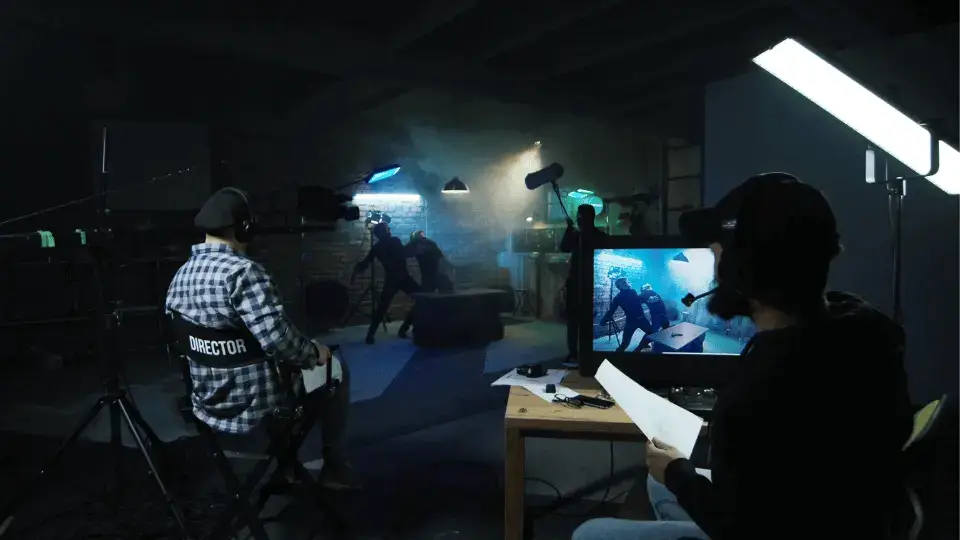Master the Art of Screenwriting with The Big Lebowski Screenplay
Screenwriting is an art that demands creativity, strategic thinking, and a profound understanding of storytelling techniques. It’s a skill that can be honed and mastered through practice, study, and by examining successful examples of the craft. One such example is the screenplay for “The Big Lebowski,” a cult classic film that provides valuable lessons in screenplay writing. In this article, we’ll delve into the components that make “The Big Lebowski” a screenplay worth studying and how you can use it to master the art of screenwriting.
The Plot
At its core, The Big Lebowski is a classic film noir detective story, albeit with a healthy dose of absurdist humor and stoner culture thrown in for good measure. The story follows Jeff Lebowski, a laid-back slacker who goes by the nickname “The Dude,” as he becomes embroiled in a convoluted plot involving kidnapping, mistaken identity, and a wealthy businessman with the same name as him.
While the plot may seem complex at first glance, it’s actually a masterclass in storytelling. The Coen brothers are experts at weaving together seemingly disparate threads into a cohesive whole, and The Big Lebowski is no exception. Every character, every plot point, and every joke serves a purpose, adding to the overall narrative and keeping the audience engaged.
The Characters
One of the most memorable aspects of The Big Lebowski is its cast of quirky, offbeat characters. From The Dude himself to his bowling buddies Walter and Donny, every character in the film is unique and memorable in their own way. Even minor characters like The Dude’s landlord and the nihilists who serve as the film’s antagonists are given distinct personalities and quirks that make them stand out.
As a screenwriter, it’s important to create characters that are memorable and distinct. The Big Lebowski’s characters are a great example of how to do this effectively. Each character has their own distinct voice, mannerisms, and backstory, making them feel like real people rather than just plot devices.
The Dialogue
Perhaps the most famous aspect of The Big Lebowski is its witty, quotable dialogue. From The Dude’s laid-back surfer slang to Walter’s bombastic rants, every line in the film is a gem. But what makes the dialogue so effective is how it serves to reveal character and move the plot forward.
As a screenwriter, it’s important to write dialogue that feels natural and authentic to your characters. The Big Lebowski’s dialogue is a great example of how to do this effectively. Each character speaks in a way that feels true to their personality and background, whether it’s The Dude’s stoner slang or Walter’s military jargon.
The Themes
While The Big Lebowski is undoubtedly a funny and entertaining movie, it also has deeper themes and messages woven throughout. From the importance of friendship to the futility of trying to control one’s destiny, the film has plenty to say about the human experience.
As a screenwriter, it’s important to think about the themes and messages you want to convey in your work. The Big Lebowski’s themes are a great example of how to do this effectively. By weaving these deeper messages into the fabric of the story, the Coen brothers were able to create a film that is both entertaining and thought-provoking.
Key Takeaways
- The Big Lebowski is a masterclass in screenwriting, with a complex yet cohesive plot, memorable characters, witty dialogue, and deeper themes and messages.
- Aspiring screenwriters can learn a lot from studying the film’s screenplay, from creating distinct and memorable characters to writing dialogue that feels authentic and natural.
- For those looking to take their screenwriting skills to the next level, consider taking the NYU Film and TV Industry Essentials online course and certificate program. This comprehensive program covers everything from screenwriting to producing to marketing and is taught by industry experts with years of experience in the field.




